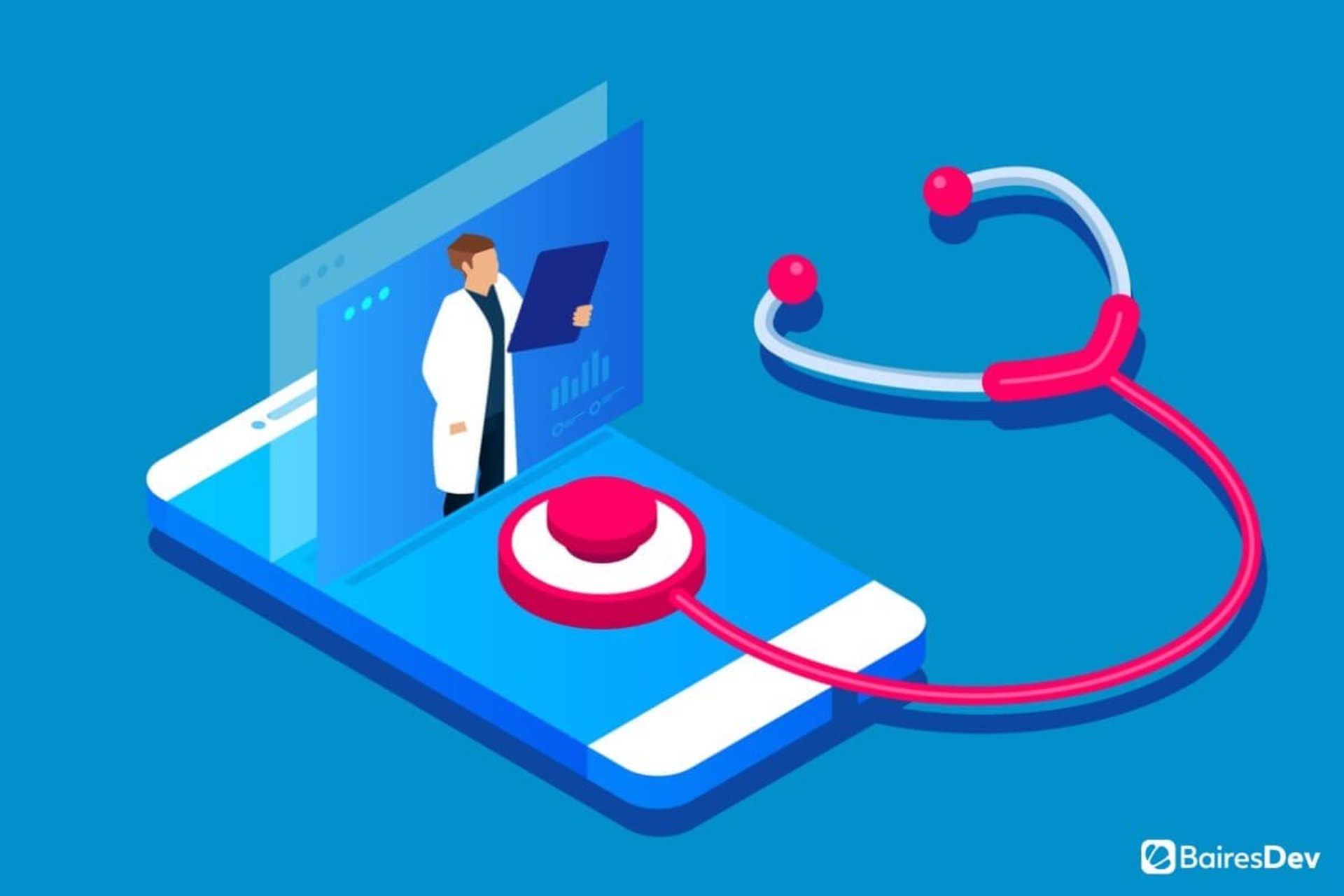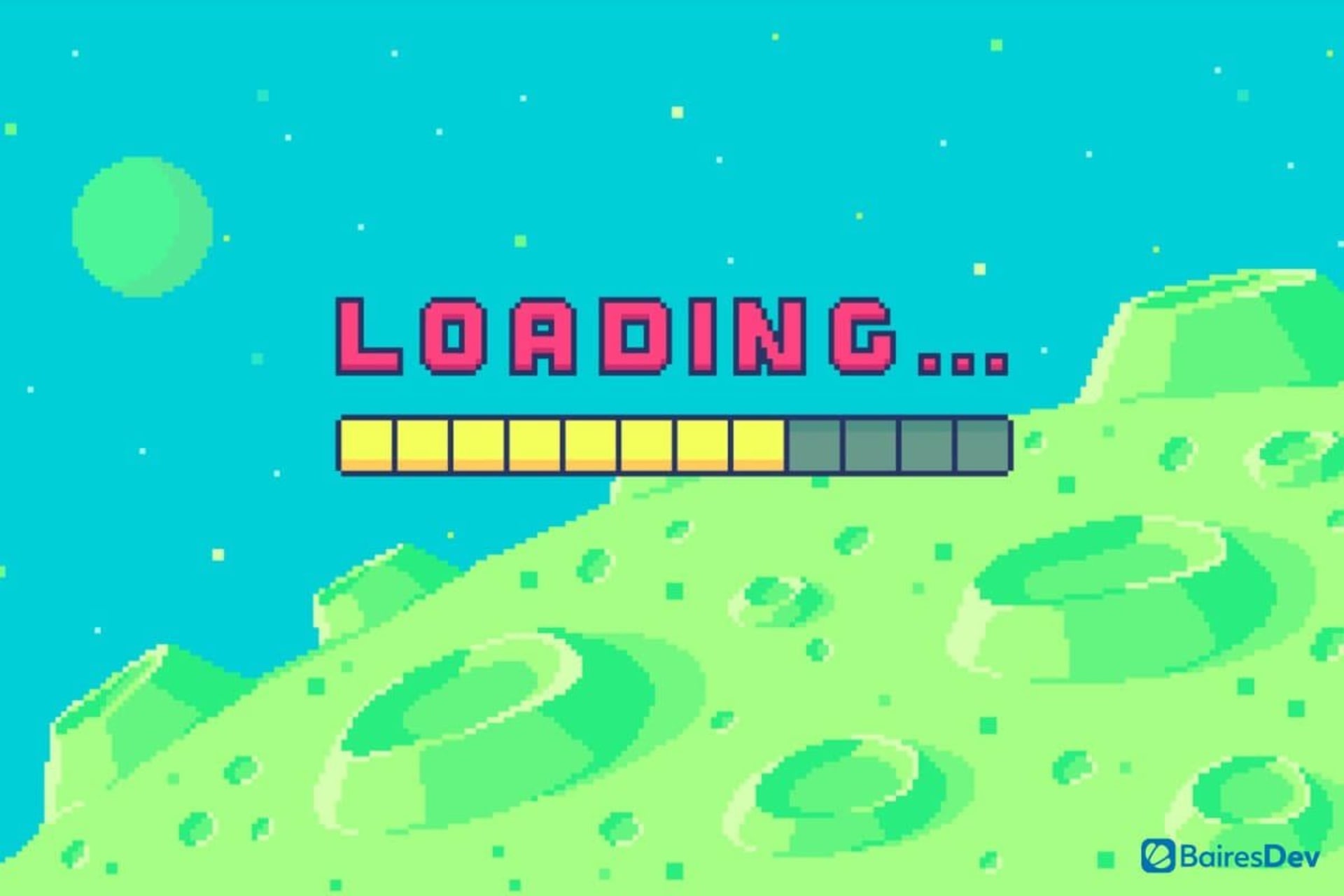Is your business within the healthcare sector? If so, it will probably come as no surprise that more and more of your competitors depend on mobile applications. These apps cover aspects like medical service access, bill payment, coordination, medical data streamlining, and remote monitoring.
And with the pandemic continuing to run rampant across the world’s population, the need for mobile apps in the healthcare industry is only going to increase. That means if you’re not already making use of the latest web development technologies and mobile applications, it’s past time you adapt to this new world order.
Your business and your clients/customers will thank you for the change.
But making such a shift can be daunting. Not only are you changing the way you do business, but you’re also changing the very nature of how your company functions. However, migrating from a traditional model to a mobile one isn’t nearly as challenging as you think it might be, especially if you have the talent.
One of the first things you should consider is the programming language (see our almost complete list of programming languages) you’ll need to use to build the app. Once you have that in mind, you can then make sure you have the developers on hand who are fluent in your language of choice. But which languages are best for healthcare apps? Let’s dive in and find out.
Kotlin
Kotlin development services tops the list because it’s the new programming language for Android. Why Android and not iOS at the top of this list? Simple. Android is the most widely-used mobile platform on the planet, with a 70.1% market share. With such a grip on the global population, you do not want to miss out on targeting Android devices. And even though Java (the previous default language for Android apps) is a more widely-used language, it’s Google’s intention for Kotlin to take the place of Java.
Java
We’re sticking with Android (again, because of market share) and, even though Google plans on shifting away from Java, this is still one very good option (and it’s not going anywhere). Java is already widely used in the healthcare industry (for diagnostic and interventional systems, record-keeping, cloud and server applications, and web applications), so adopting it for your mobile app is a no-brainer. Remember, Android was written in Java, so any apps you develop with this language will enjoy native performance and reliability. The one thing to remember, however, is that at some point you might have to migrate from Java to Kotlin for Android applications.
Swift
You must also offer your app for iOS. This is especially true in certain markets (such as the US and Japan, where iOS rules the mobile landscape). To develop iOS applications, you’ll need to focus your efforts on Swift, which is the default language for iPhone applications. Like Kotlin and Java, Swift is an open-source language, so it’s always evolving. And because Swift uses dynamic libraries, developers can easily (and quickly) keep libraries up to date.
JavaScript
JavaScript is the most widely used programming language on the planet. One of the main reasons for that is because it allows for the development of very advanced website features. On top of that, JavaScript is the scripting language all web developers turn to when adding interactive and exciting features to website front ends.
For mobile application development, there are plenty of JavaScript frameworks you can use, such as React Native, NativeScript, Ionic, and Apache Cordova.
XML
When it comes to mobile app development, XML might not be the first language to come to mind. However, XML does provide a standardized architecture for document encoding, so it could be incredibly useful for any application that requires certain levels of compliance. Any application that deals with patient records might benefit from the addition of XML.
Python
Python is another language you might not think of when starting a new mobile project. However, if you plan on integrating large amounts of data or are thinking of making use of either AI or ML, Python might be a good choice. And because Python is one of the go-to languages for IoT, you can be sure your mobile app will be able to communicate with those devices. Given the proliferation of IoT, that might be a game-changer for your company.
HTML
We’re adding HTML to the list, because your web apps are going to, at some point, have to interact with your websites. That being the case, you’ll need developers who are capable of efficiently and effectively working with HTML to build the sites those apps need to communicate with.
Conclusion
It’s 2022 and the demand for custom enterprise mobile app development is going to continue to see a dramatic rise. If you want your business to compete in an already competitive field, you must consider adding a mobile application to the mix. As long as your company is prepared to work with one or more of the above languages, you shouldn’t have much trouble evolving to meet this ever-increasing demand.







